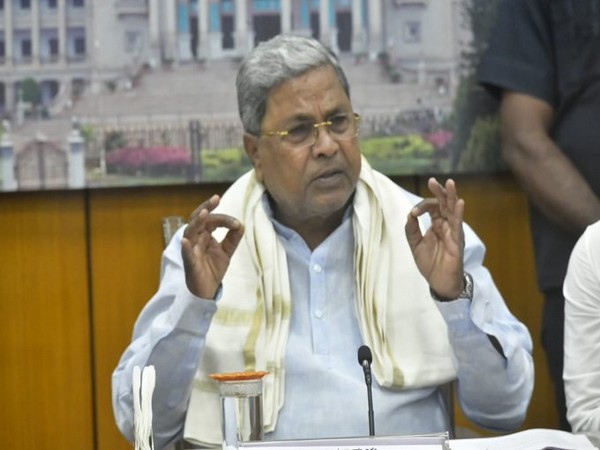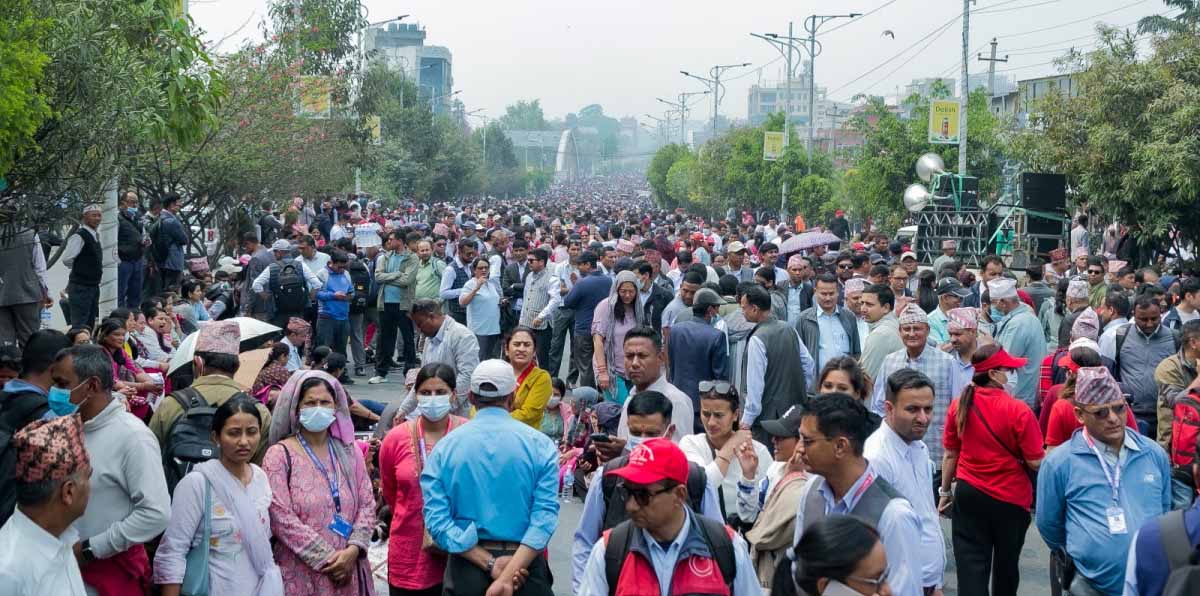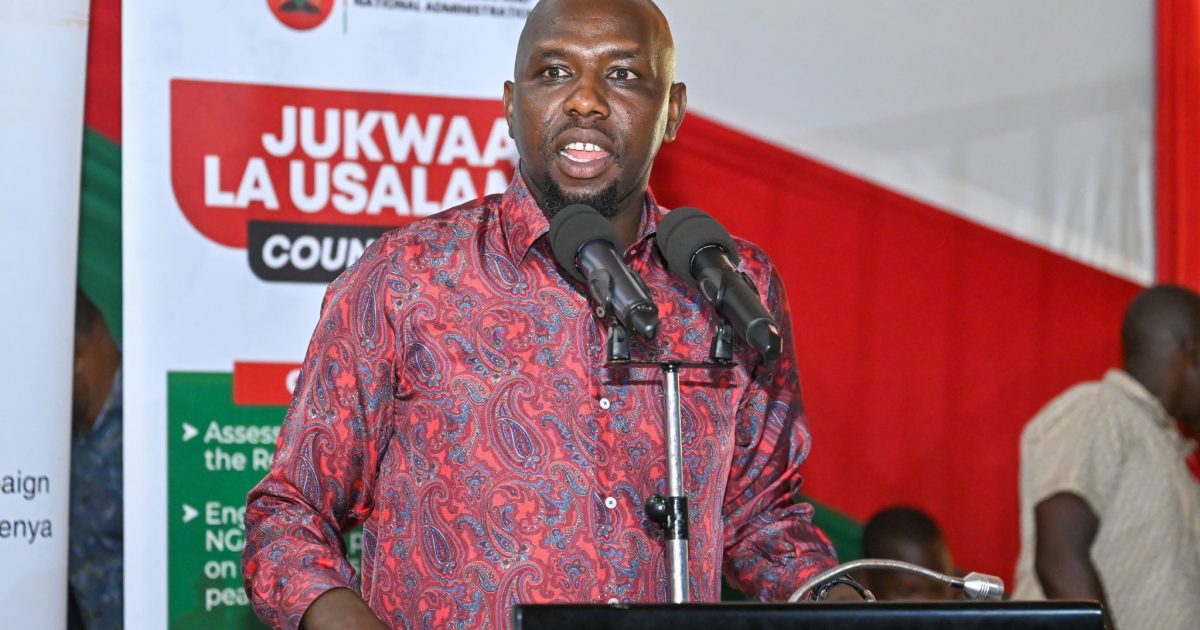Social security was one of the central topics of the debate at the third forum on the challenges of labor formalization in Ibero-America, held recently in the Dominican Republic. There, the Dominican social protection system, in particular, was analyzed in detail. The forum revived—once again—the situation of Law 87-01, which establishes the Dominican Social Security System (SDSS) and will celebrate 24 years since its enactment in May 2001 in just over a month.
In recent years, the law has been the subject of criticism and debate for several structural problems that have affected its operation, such as the lack of universal coverage (and informality), insufficient pensions, high costs, and limited health benefits. For the Secretary General of the Ibero-American Social Security Organization (OISS), Gina Riaño Barón, the leading social security challenges in the country focus on three key issues. Let’s start with the first one: Population aging “The aging of the population is a successful result of societies,” said Riaño Barón, but he immediately warned that this demographic transition “imposes challenges” on social security systems for health care, health services, and guaranteeing economic security for the elderly.

“Social security is a human right, a fundamental right, and the states are obliged to guarantee the realization of social security rights,” said the expert in a brief interview with journalists. Universal coverage The second challenge, according to Riaño Barón, revolves around universal coverage. In the words of Riaño Barón, all people are “covered” by social security benefits to attend eventualities of disability, old age, survival, general illness, and occupational disease, among others.
Financial sustainability “A huge challenge is to give financial and economic sustainability to social security systems,” said the Expert from a hotel in the National District—with a sea view—where the forum was developed for two consecutive days. Another challenge was added to that one: the transition or digital transformation that, in his words, implies “changing the ways of managing social security to bring them closer to citizens.” “Social security in the countries of the region involves 30% of the GDP expenditure of any country, so that it is not a minor issue,” said Riaño Barón.
“It is in turn the essential nucleus of social policies, it is the essential core of social cohesion and that is what will ensure overcome inequality.” The expert indicated that countries with universal social security systems can overcome inequality, “which is the worst phenomenon that crosses us in the region.” “We need more social cohesion to legitimize our democracy.
” Informality: a “deep” challenge One of the critical points of the Dominican Social Security System is its lack of universal coverage, as the country’s high level of informality leaves many workers without access to social security. “It is a deep structural challenge,” said Labor Minister Eddy Olivares, who participated in the forum’s inauguration. Olivares said that about 150 million workers are in the informal sector in Latin America alone.
This reality limits their labor rights and deepens economic and social inequalities. However, in the Dominican Republic, informality affects 54% of the workforce, which has conditioned workers’ access to essential rights such as health, decent pensions, and effective protection against occupational risks, he said. “Today we barely reach close to 70% coverage in the formal population, persisting barriers that hinder the full incorporation of key sectors such as self-employed workers and small businesses, which represent more than 90% of our business fabric and more than 60% of employment.
” According to the OISS Secretary General, half of the population in Latin America works in the informal sector, which has further aggravated the situation. To face this challenge, the expert proposed “effective” public policies that promote labor formalization and the integration of small and medium-sized enterprises into the social security system. “Let’s remember that small and medium-sized enterprises are 94% of the productive fabric of the region,” he said.
“We have to do a huge job so that these family enterprises, small and medium-sized enterprises, are affiliated to social security, contribute and obtain the benefits that can be granted by social security institutions.” Urgent reform of the law According to the Minister of Labor, Eddy Olivares, Law 87-01 is “lagging behind in time,” since it has not been able to adapt to the current needs of affiliates. For this reason, Olivares said that it is “extremely urgent” that the government modify the law because several aspects of its content need to be “corrected.
” The minister stressed that it is “very important” that the government achieves a law reform in the “shortest possible time.”.
These are the challenges of social security in the Dominican Republic, according to expert

Santo Domingo – Social security was one of the central topics of the debate at the third forum on the challenges of labor formalization in Ibero-America, held recently in the Dominican Republic. There, the Dominican social protection system, in particular, was analyzed in detail. The forum revived—once again—the situation of Law 87-01, which establishes the Dominican Social Security System (SDSS) and will celebrate 24 years since its enactment in May 2001 in just over a month. In recent years, the law has been the subject of criticism and debate for several structural problems that have affected its operation, such as the lack of universal coverage (and informality), insufficient pensions, high costs, and limited health benefits. For the Secretary General of the Ibero-American Social Security Organization (OISS), Gina Riaño Barón, the [...]











